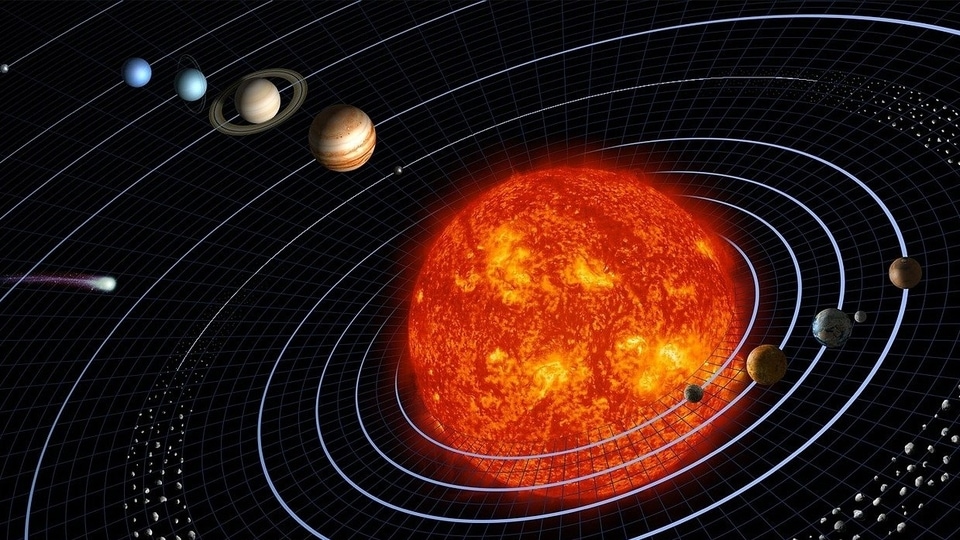Terrifying! This is how our Earth, the Solar System will DIE; Tech reveals when and how its death will occur
Our solar system is set to die. But how and when will it happen? Scientists have deployed the tech and the results are in.

The laws of thermodynamics have made it very clear that everything in the universe will one day die. And neither us, our planet, the Sun or the solar system are an exception to it. It is very hard to imagine that the solar system, which has been here for 4.5 billion years, will one day collapse. It is a terrifying thought but according to scientists, it is inevitable. Advanced technology has been deployed and extremely expensive instruments have been used to do radioactive dating on other objects which are believed to be of the same age as the Sun. This data is then added to prediction models, a software built by techies to calculate the half-life and life expectancy of celestial objects based on its radioactivity signature. Institutions like NASA can do it at a very high accuracy. But the question that remains is how will the solar system die and when? Read on to find out.
The death of the solar system
Incidentally, the first step of the solar system's death would be the death of Earth. In the next billion years, some major changes are going to happen. The Sun is slowly brightening up. Today, it is 30% brighter than it was when it formed. This is what has allowed the habitable zone of the solar system to conveniently fall where Earth is.
But as the Sun uses up all of its hydrogen and moves to helium for nuclear fusion, the molecular weight will increase its temperature, the size of the core and the rate of Sun's energy production. As a result, the Earth will begin heating up and the water will begin to evaporate. This will mark the end of whatever life is left on the planet.
Phase two begins after that as due to increasing gravitational force of the Sun, the rocky planets will begin to get destabilized in their orbits. As a result, there is a high chance that Mercury can collide with Venus or Earth ends up colliding with Mars. And if somehow this did not happen, in about five billion years, the Sun will turn into a red giant, increasing in size so much that it will envelope the inner planets, including the Earth. Yes, Sun will grow so big as to reach Earth.
But as it turns into a red giant, it will also lose mass and energy and its gravitational force. So, the gaseous planets will move far away from the Sun and their orbits will continue to increase.
Finally, in about seven billion years, the Sun will turn into a white dwarf. It will still continue to have the same mass but will only occupy a size half of the Earth. And then it will spend eternity cooling down. At this point, the gravitational pull will be further affected, pushing the remaining planets farther into space.
The solar system can survive like this for hundreds of billion years, unless another star passes by. The probability of that will increase as the size of the solar system would have doubled. A passing star would drag all the remaining planets towards itself as the small white dwarf would be helpless to fight it off. The remaining planets will either become part of that star's system or will be ejected into space to become free-floating planets and that will be the death of the solar system.
Catch all the Latest Tech News, Mobile News, Laptop News, Gaming news, Wearables News , How To News, also keep up with us on Whatsapp channel,Twitter, Facebook, Google News, and Instagram. For our latest videos, subscribe to our YouTube channel.

























